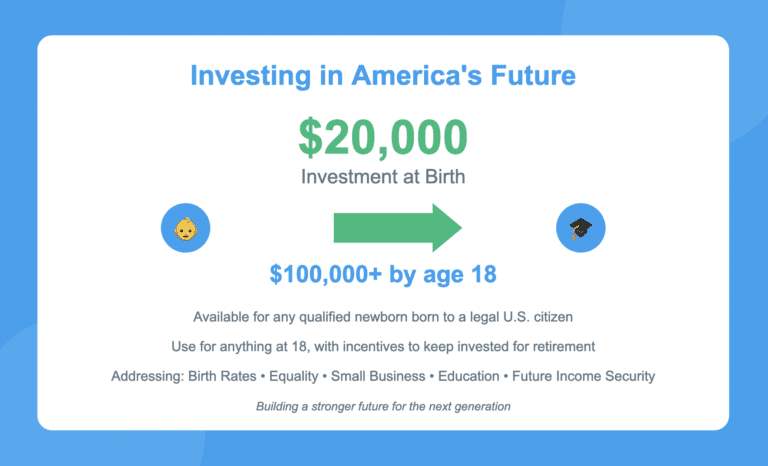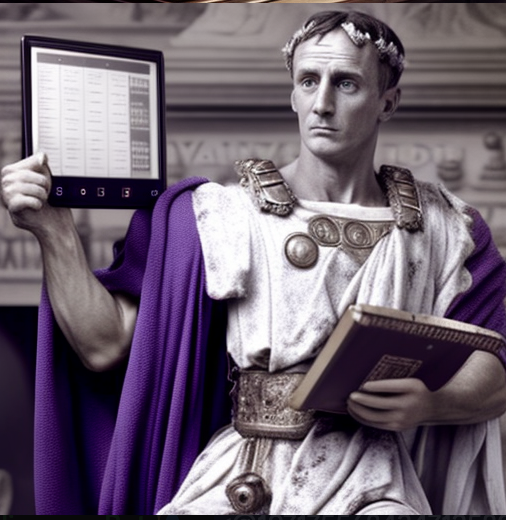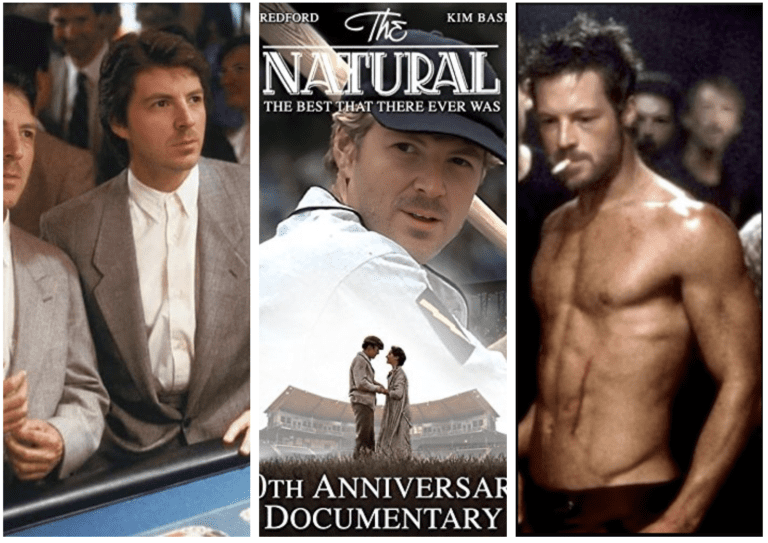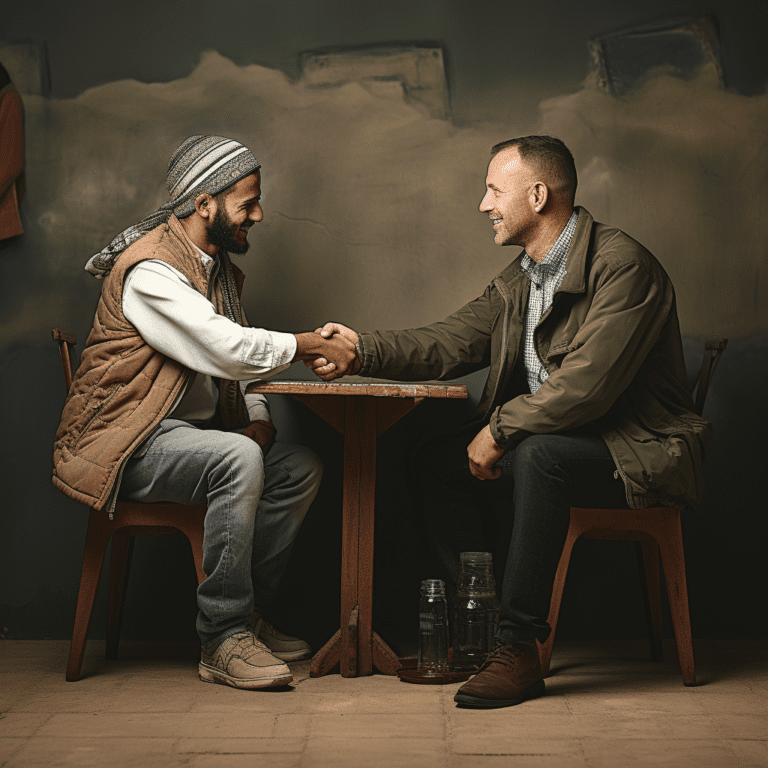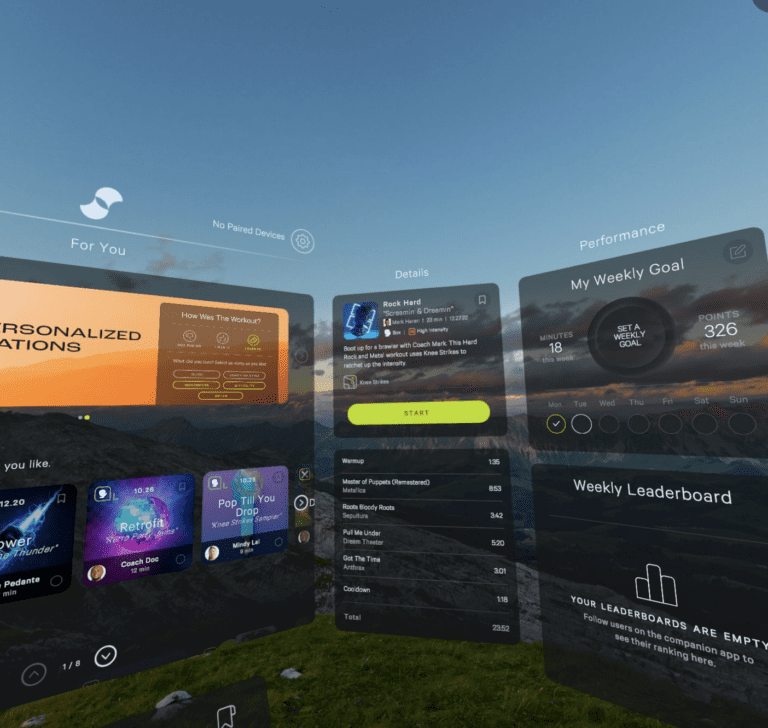How Should I Feel?
That seems to be the trigger phrase for many people these days. Comments from one person can be considered triggers or offensive but not if said by another.
I just had a short conversation with a store manager about comments or behavior from employees or customers that get reported to upper management. It seems a bit one-sided in many situations. Common comments are that people are “racist” or “homophobic” or simply that a comment made someone feel “uncomfortable.”
This post isn’t to discuss what might make other people feel uncomfortable, it is about what makes me feel uncomfortable. I feel uncomfortable when people make me feel like they are part of a group that I don’t belong to. I feel excluded. Special groups of treatment are surely meant to be empowering to one group but it feels exclusionary to me. I don’t see how the “Black Partner Network” is any different than calling a group the White Partner Network but that would never fly. It creates a feeling for me that I can’t be myself or that I am somehow a bad person.
Often people will categorize me consciously or subconsciously and then will look at me as if I don’t like them. For example, there is a gay guy that works at the local coffee shop that is never nice and borderline rude. He comes across as being very defensive all of the time and might call people homophobic. The problem with his behavior is that people may treat him differently because he is rude and defensive, but he will likely play it as if they just don’t like gay people.
That same problem exists in many multi-racial environments. One person feels another person doesn’t like them and immediately it seems necessary for the accused person to defend themselves. It feels, in many situations, like a guilty until proven innocent case.
This week the Supreme Court struck down Affirmative Action saying that colleges and universities could no longer use race or sex as a factor for accepting one applicant over another. The fact that Affirmative Action existed was great for a while, even if it effectively cancelled equal rights, because it helped to break boundaries and even the playing field as it were. I feel now is a time when people are more equal and most people of working age have been alive during a time when no laws existed that excluded someone based on race or gender. But, we are dangerously close to a point when the empowerment of one group can infringe upon the rights and liberties of another.
The is fact that my rights and liberties are limited because of exclusionary “woke” practices makes me feel uncomfortable. There is no freedom or equal rights if one person can do something that another person can’t because of their race, religion, sex or gender. To allow one group to empower themselves by silencing another group is both wrong and anti-American.
On the flip side, some groups claim that by not saying anything or discussing the issue, that is “implied racism” or not productive. It seems like a no-win situation but is surely designed that way. If I were to take what many other groups say and replace that with “white,” I would surely be cancelled.
I feel strongly that race, gender or sex should not be used in decision-making when it comes to employment, college admission, funding, voting or any other activities. Right now, the next person born is more likely to be of Hispanic decent and many cities, like Baltimore, are over sixty percent African American. I called a government agency in Baltimore recently to inquire about funding for a business venture and told the woman that technically I am a minority in Baltimore. Her response was, “yeh, we reversed that one on you didn’t we.”
That being said, I will continue to struggle when people assume I don’t like them or make me feel as if I need to prove to them that I am not one thing or another. Surely, silence is the best practice all-be-it not the perfect solution.


